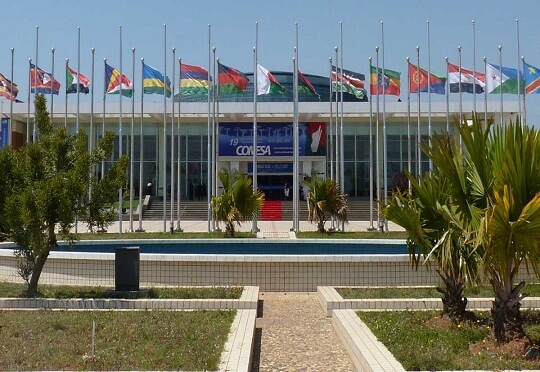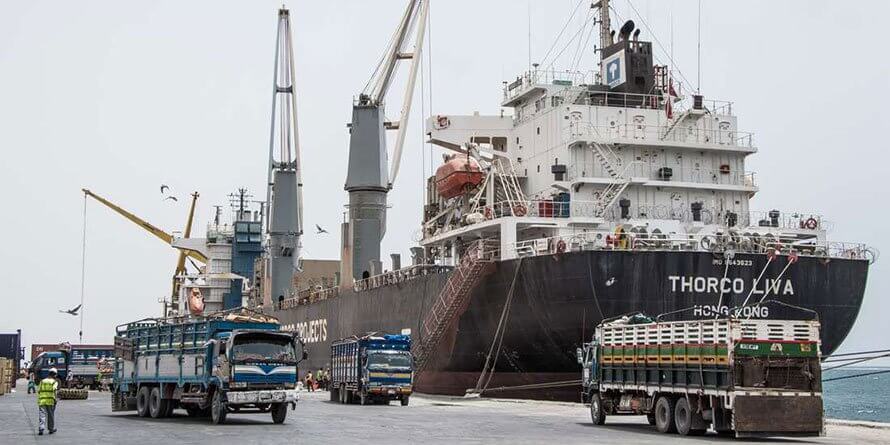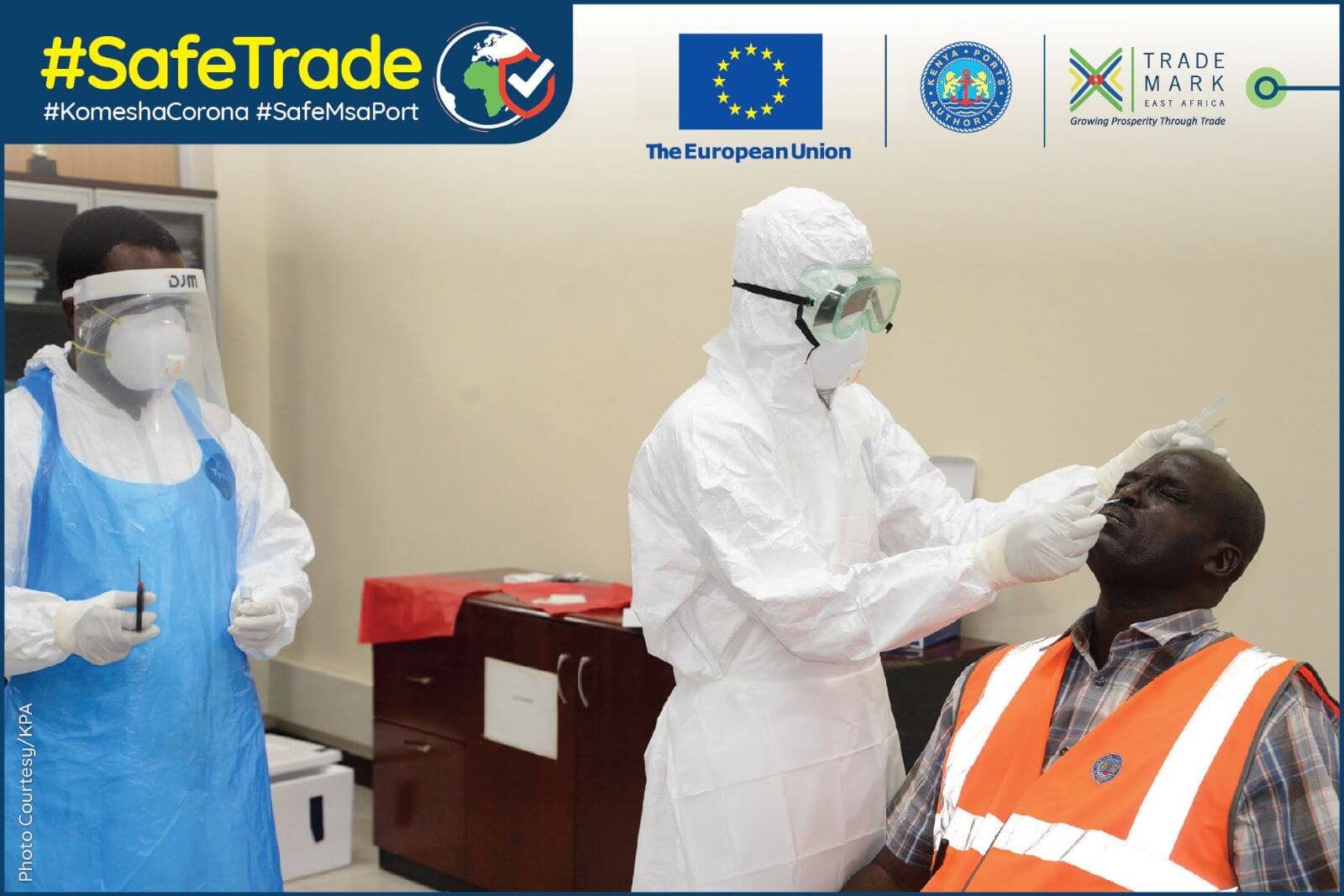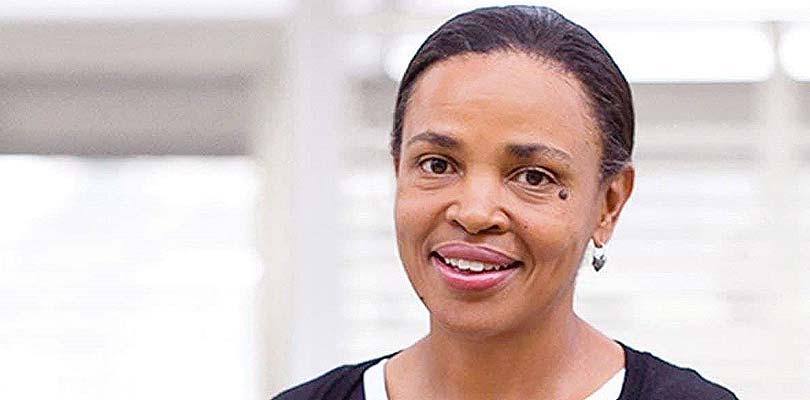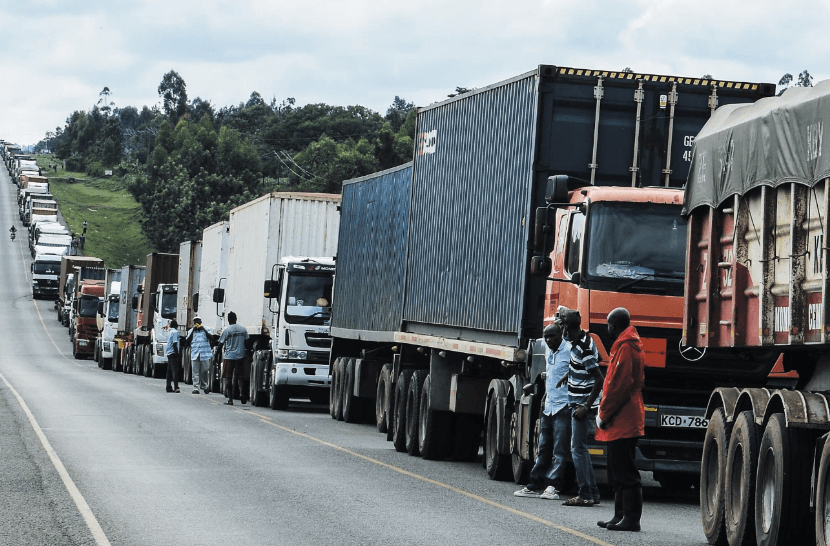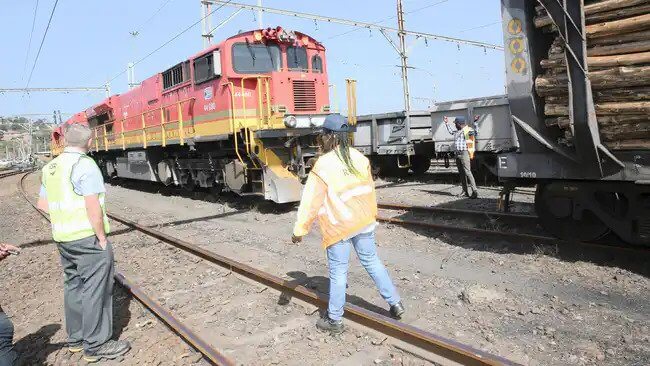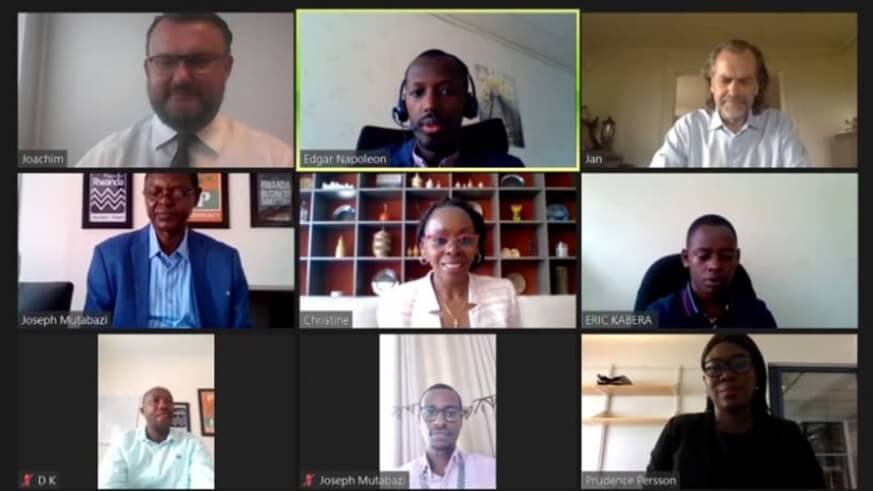The World Bank has agreed to a no cost extension for the Great Lakes Trade Facilitation Project (GLTFP) to December 2021. The five million US dollars project was launched in 2016 for a five-year period. COMESA’s Assistant Secretary General for Programmes Ambassador Kipyego Cheluget said the Project has been crucial in facilitating trade for small scale cross border traders by promoting the Simplified Trade Regime and providing necessary information needed to conduct business across the three project countries of Democratic Republic of Congo, Rwanda and Uganda. He added that though most traders have been affected by COVID-19 and the restrictions that have been imposed by countries, the GLTFP has ensured that Trade Information Officers are available at border posts to attend to those who are trading. COVID-19 also halted most of the project’s field-based activities such as regular visits to project countries and borders in order to hold consultations with relevant stakeholders. The Project Team has adapted to using online communication platforms provided by COMESA Secretariat and have continued implementing the project. “The use of online meetings has had its positive effect in terms of saving resources which can be used during the no-cost extension of the project that now ends in December 2021,” said Amb. Cheluget, who is also the PSC Chairperson. Another major activity that the project is focusing on is the continued provision of technical support and coordination of activities aimed at rolling out effective implementation of the COMESA Simplified Trade Regime (STR). The STR seeks to help in...
COMESA’s Great Lakes Trade Facilitation Project extended to end of 2021
Posted on: August 24, 2020
Posted on: August 24, 2020

